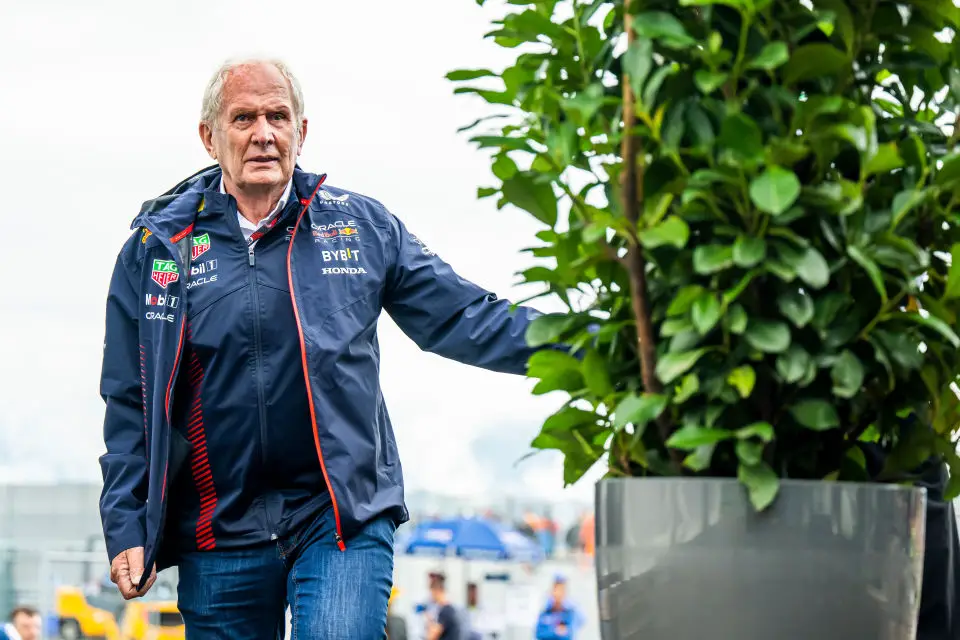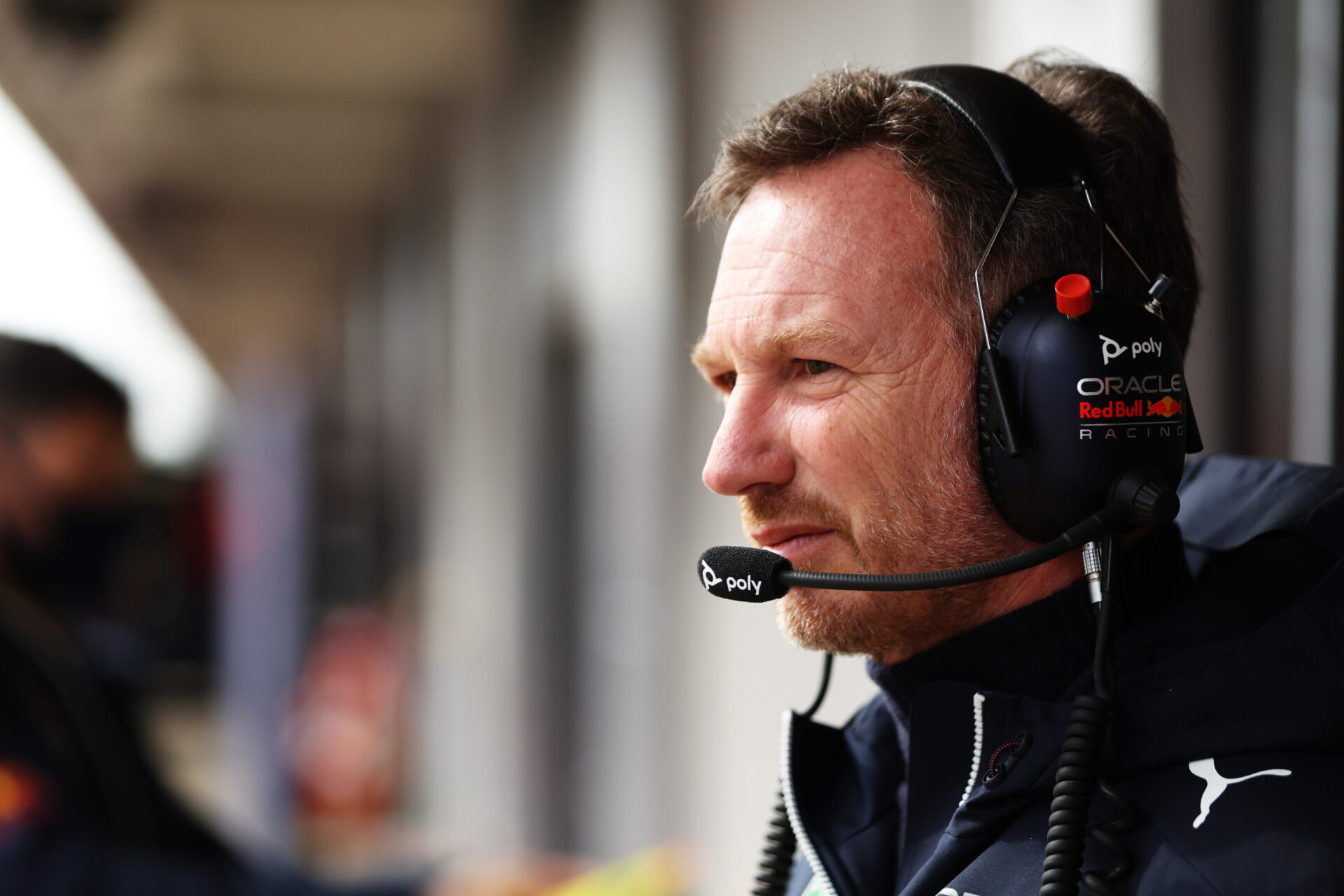Red Bull’s 2026 Engine Gamble: Helmut Marko’s Firm Stance on Red Bull Powertrains Success
Red Bull Racing advisor Helmut Marko has firmly stated that the team’s future hinges on the success of its in-house engines from 2026. With no backup option after Honda’s departure, Marko emphasizes the importance of Red Bull Powertrains’ performance.
Key Takeaways:
- In-House Engine Development: 2026 marks a pivotal year for Red Bull Racing as it transitions to engines developed by Red Bull Powertrains. This move follows the end of their current partnership with Honda, requiring the team to perfect its proprietary technology.
- Regulation Changes and Development Race: With Formula 1 introducing new regulations, Red Bull is under pressure to match or surpass competitors like Ferrari, who are also advancing their engine technologies. This race emphasizes the need for a balance between internal combustion and electric power in the new engines.
- No Safety Net: Helmut Marko underlines the lack of a fallback option for Red Bull and AlphaTauri, as Honda has committed to Aston Martin from 2026. This adds a layer of urgency to the development process, with Marko insisting that the Red Bull engine “has to work”.

As Formula 1 gears up for a new era of engine technology in 2026, Red Bull Racing stands at a critical juncture. The team’s advisor, Helmut Marko, has made it clear that the success of Red Bull Powertrains is not just a goal but a necessity. With Honda, the team’s current engine supplier, set to part ways at the end of 2025, Red Bull’s shift to its own engines is a bold move that carries significant risks and opportunities.
This development comes at a time when the sport is undergoing significant changes. New regulations are on the horizon, signaling a transformative phase in Formula 1’s history. These changes are not just technical but also conceptual, pushing teams towards engines with equal power output from internal combustion and electric sources. This is a first in the sport’s history, adding complexity to the already challenging task of engine development.
The pressure is particularly intense for Red Bull. Unlike some of their key rivals, they do not have the safety net of an alternate engine supplier. Honda’s new deal with Aston Martin leaves Red Bull and its junior team, AlphaTauri, solely reliant on the success of their in-house engines. This situation is highlighted by the recent developments in Maranello, where Ferrari fired up its 2026 engine prototype, indicating their progress in engine development.
When asked about the possibility of Honda being a backup plan, Marko’s response was unequivocal. Speaking to Austrian publication OE24, he said, “No, it has to work. From 2026, we will be racing with our own engine. Until then, we want the best possible performance potential from Honda, which has worked well so far. Honda was my deal, so I will continue to look after it.” This statement not only reflects Marko’s commitment to the current partnership but also underscores the gravity of the situation post-2025.
Further elaborating on the progress of Red Bull Powertrain’s engine, Marko remains optimistic, noting, “Even though we are still a long way from competitive use, everything is going according to plan and the performance curve is right.” This optimism, however, is tempered by the reality of the challenge ahead. The development of a competitive F1 engine is a monumental task, made even more daunting by the absence of a Plan B.
In conclusion, Red Bull Racing’s journey towards 2026 is fraught with challenges and uncertainties. The team’s ability to develop a competitive, reliable engine will not only determine its performance on the track but also its standing in the fiercely competitive world of Formula 1. As Marko succinctly puts it, the engine “has to work” – a statement that captures the essence of the challenge ahead for Red Bull Powertrains.


